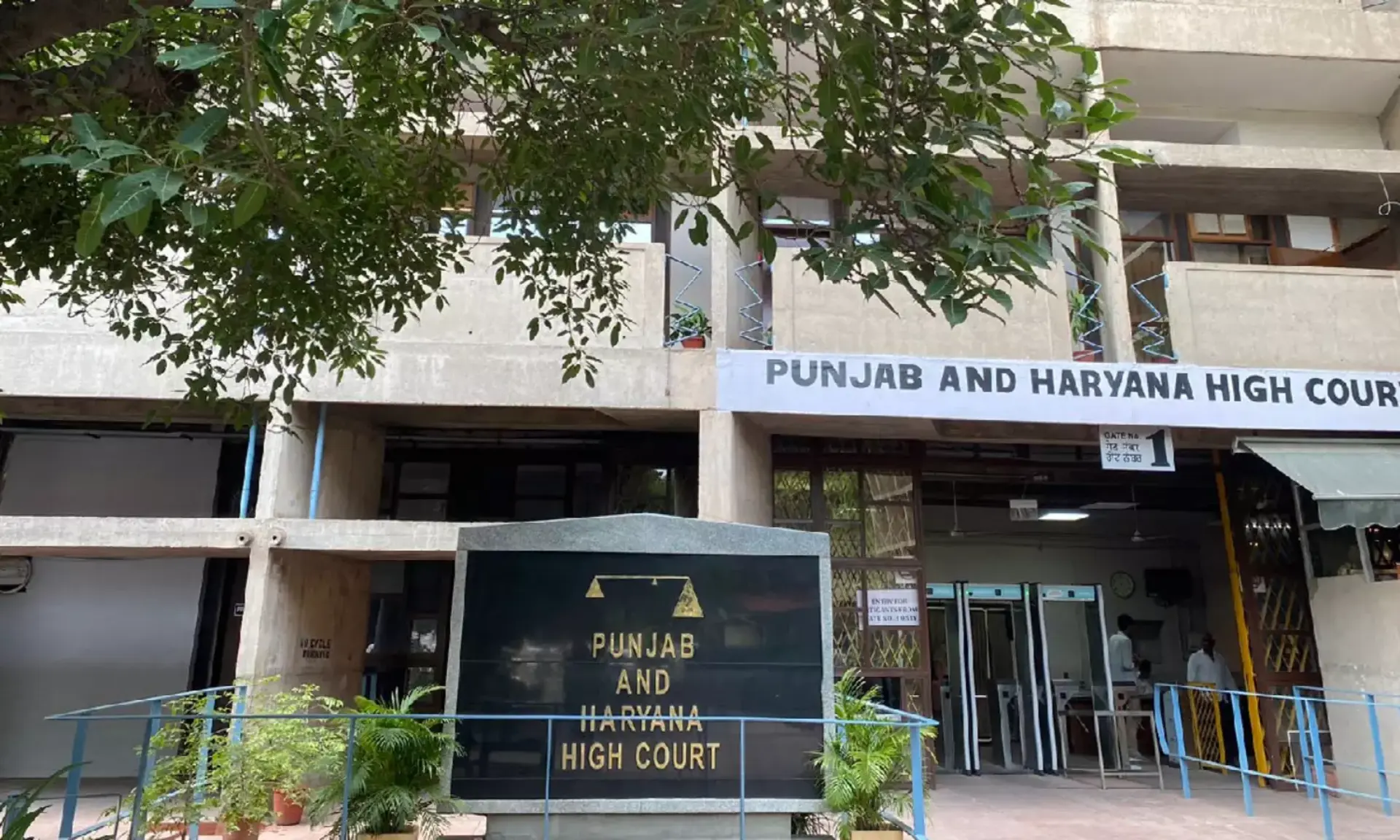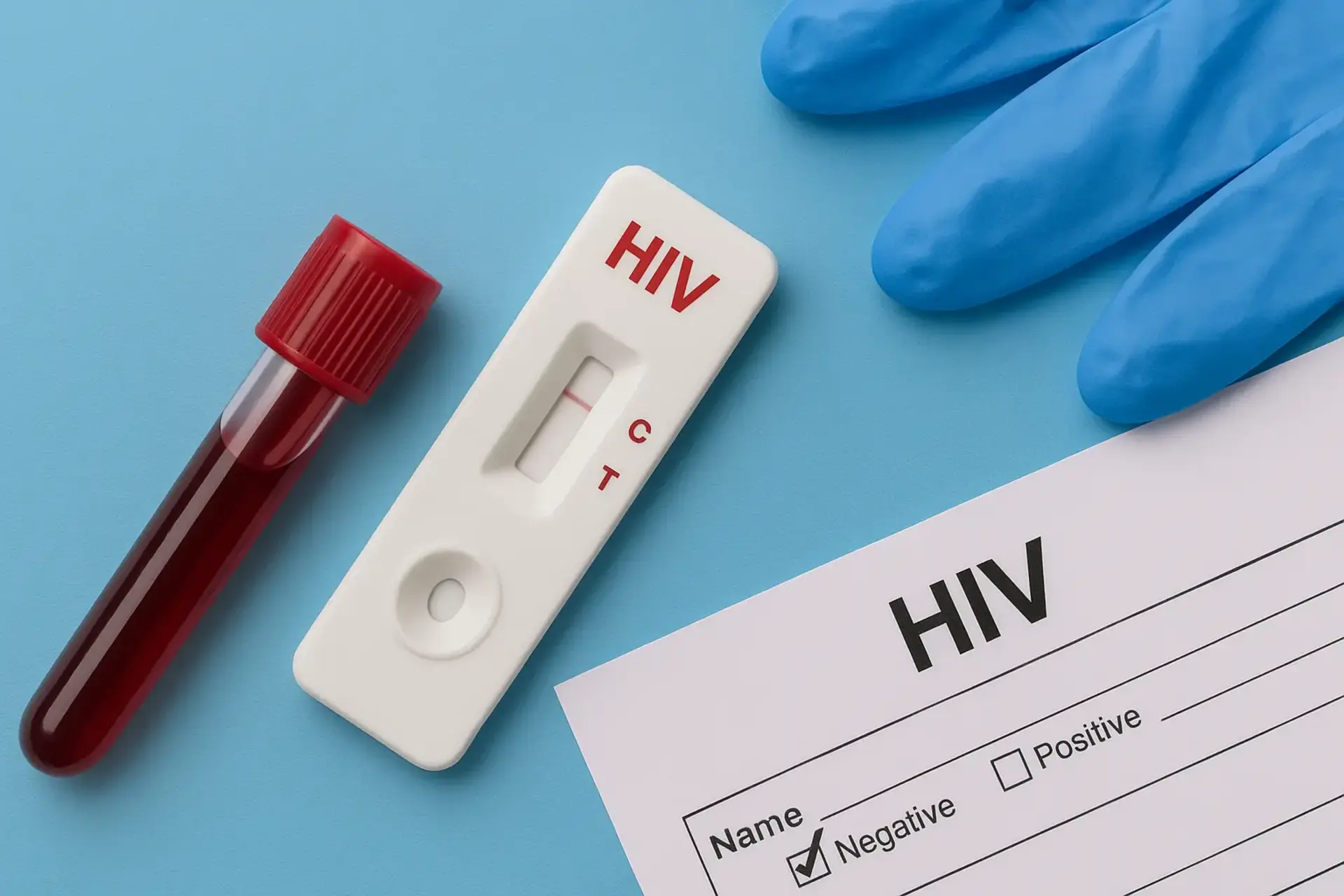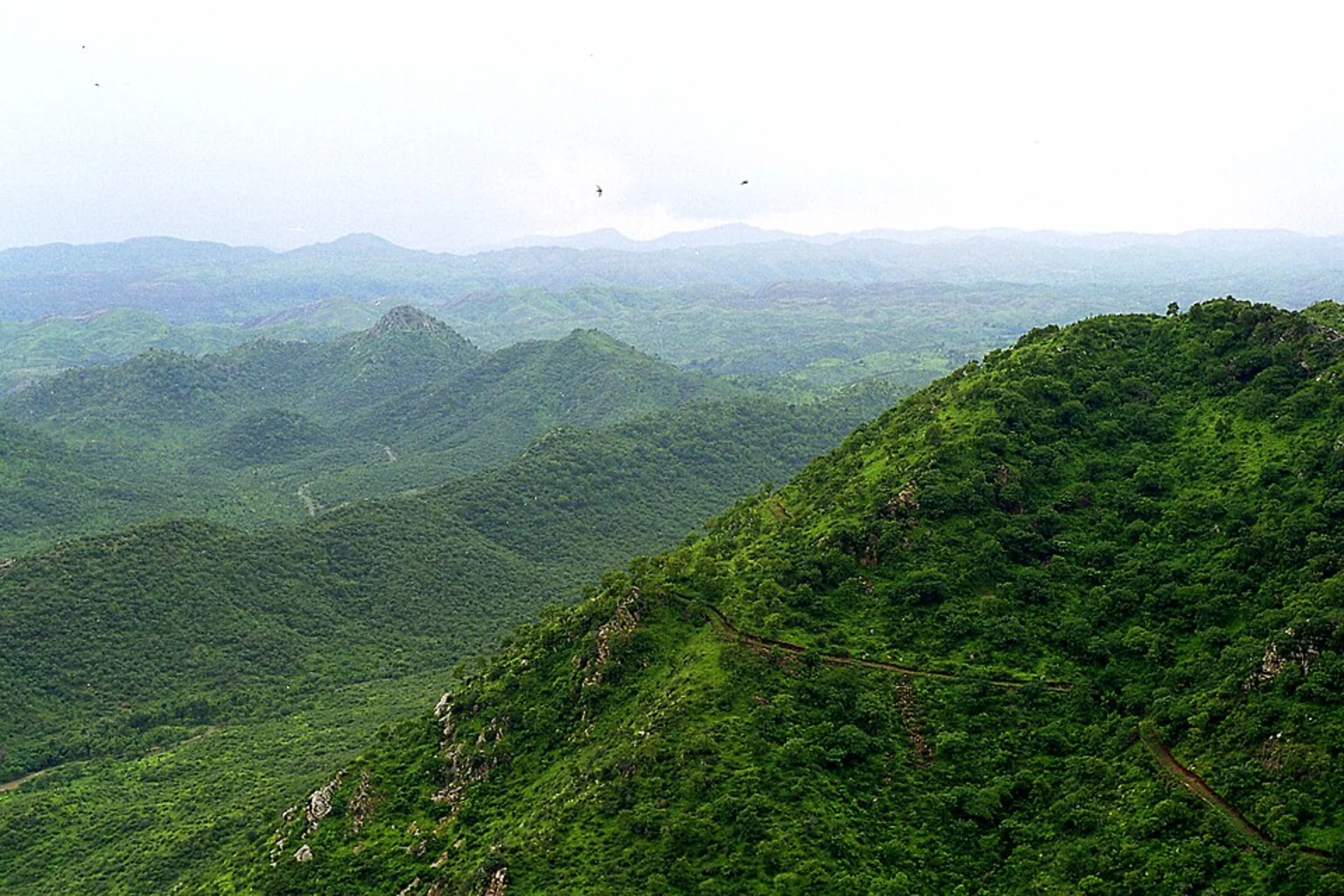
The farmers' protest at the Punjab-Haryana border escalates as demonstrators attempt to breach barricades despite Section 144. Using tractor-trailers and weapons, protesters clashed with police at the Shambhu and Datta Singh borders, leaving 24 officers wounded. Despite heavy police presence and tear gas deployment, protesters remain steadfast in their determination to march to Delhi. The situation remains tense as both Punjab and Haryana have sealed their borders with barricades, intensifying the standoff.
In a show of solidarity, Punjab farmer organisations have rallied behind those attempting to breach the barricades, escalating tensions further. The Samyukta Kisan Morcha (SKM) announced toll plaza exemptions in Punjab, while the Bharatiya Kisan Union (Ugrahan) halted train services in six districts from noon to 4 PM. Following suit, Gurunam Chaduni, President of the Bharatiya Kisan Union (Chaduni), declared toll-free passage in Haryana for three hours on February 16, amplifying the pressure on authorities.
Meanwhile, the central government ordered internet shutdowns in parts of Punjab, including Patiala, Sangrur, and Fatehgarh Sahib, citing security concerns amid the farmers' mobilisation. However, Chief Minister Bhagwant Mann expressed dissent, urging the restoration of internet services.
Amid the escalating tensions, Haryana Chief Minister Manohar Lal Khattar voiced concerns over the farmers' methods, particularly their use of agricultural equipment like tractor-trailers and provisions resembling an army's march. Khattar highlighted the risks posed by the protest, likening it to an assault.
The farmers' demands encompass a wide range of issues, including guaranteed MSP for all crops, pricing based on the Swaminathan Commission report, loan waivers, reinstatement of the Land Acquisition Act 2013, enhanced MGNREGA benefits, compensation for families of deceased protesters, and accountability for the Lakhimpur Kheri incident.
In addition to these demands, the farmers seek the establishment of a national commission for the regulation of spice prices, protection of tribal land rights, and crackdowns on counterfeit agricultural products.
As tensions persist and negotiations remain inconclusive, the clash at the border highlights the deepening divide between the farmers and the government, underscoring the urgency for resolution and meaningful dialogue to address the farmers' grievances.



.jpg)








